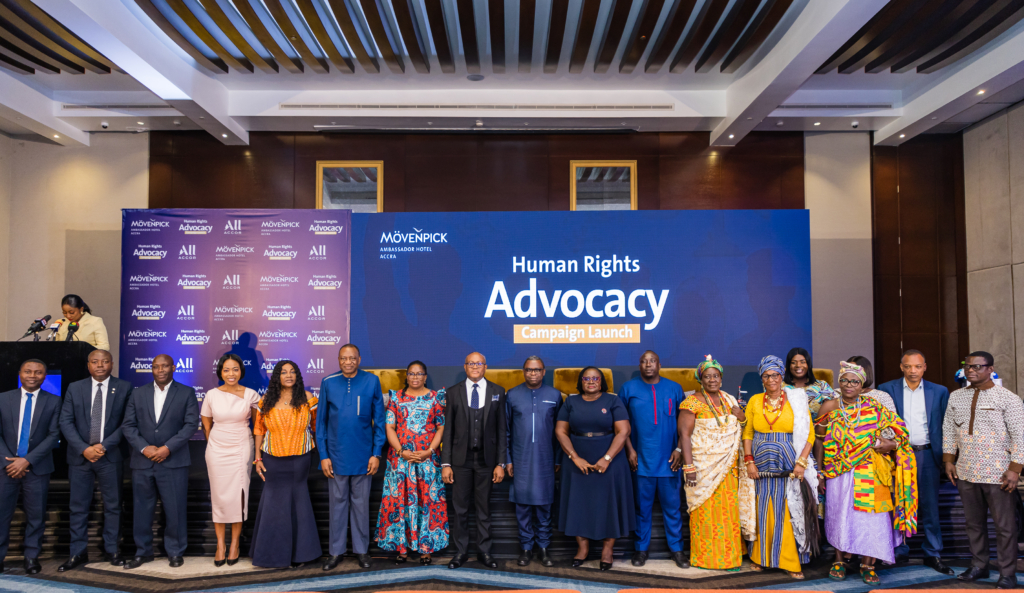
The Minister for Labour, Employment and Jobs, Dr Abdul-Rashid Hassan Pelpuo, has called for the dignity of workers to be placed at the centre of business operations, stressing the daily sacrifices employees make to meet demand.
He said “The dignity of workers cannot be treated as an after thought in our press to economy growth. Indeed development without respect for human rights is fragile and unjust,” he said as guest speaker at the launch of a human rights advocacy campaign in Accra on Friday.
“Every worker regardless of gender, background or position is treated with dignity and fairness. This means right to fair wages, safe working conditions, freedom from force labour, freedom of association, protection against discrimination,” he added.

Dr Pelpuo said the government is committed to strengthening laws on human rights, particularly in tackling child labour. “Government will continue to strengthen human laws to combat child labour.”
He added that employers must not only comply with labour standards but also empower their workforce, describing employee empowerment as critical. “Empower workers and adopt transparent practices.”

The event, held at the Mövenpick Ambassador Hotel, brought together policymakers, civil society organisations, legal experts, and business leaders to discuss the theme: “Spotting and Addressing Human Rights in Hospitality and Supply Chains.”
Deputy Commissioner of the Commission on Human Rights and Administrative Justice (CHRAJ), Ms Mercy Larbi, also addressed the gathering, urging companies to strictly adhere to existing human rights regulations in their operations.
“Companies needs to know and ensure that they respect human rights and they can do this by articulating their commitment to human rights in a policy statement.”

She stressed that compliance with such laws is essential to building sustainable and ethical businesses.
The campaign launch featured a panel discussion exploring ways to strengthen protections for workers in Ghana, particularly in the hospitality sector and across supply chains.
Panellists highlighted the need for collaborative approaches between government, industry, and civil society to ensure that fair labour practices and human dignity remain central to business growth.

The initiative is expected to serve as a platform for stronger advocacy and reforms, ensuring that businesses not only deliver quality services but also uphold justice, fairness, and respect for all workers.